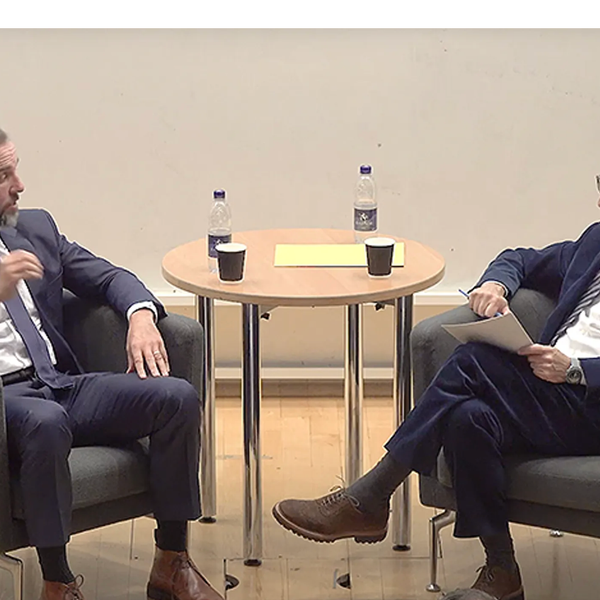GOP Excludes Some Women From House Version Of Violence Against Women Act
Members of the House Committee on Rules will convene on Tuesday for a hearing concerning the Violence Against Women Act (VAWA), which passed with slight bipartisan support in the Senate last week. House Republicans, however, aren’t satisfied with the Senate bill and are planning to introduce their own version of the bill. The House is expected to vote on VAWA as early as Wednesday.
A significant distinction in the House bill is a measure that would exclude extending protections to those in the LGBT community. Both versions of the bill agree verbatim in defining “underserved populations” as “geographic location or religion, underserved racial and ethnic populations, populations underserved because of special needs (such as language barriers, disabilities, alienage status, or age)”—the difference lies in the Senate bill, where “sexual orientation, gender identity” are included in those protected by this law.
If the bill is meant to protect everyone, why intentionally exclude this language from the House bill? The National Memo reached out to Rep. Cathy McMorris Rodgers (R-WA), who is expected to sponsor the bill, for an explanation as to why LGBT women are blatantly excluded from the House bill. There was no response to our request by press time.
According to Huffington Post, a House GOP aide stated, “The House bill protects all people from discrimination. The Senate bill continues to add people to an enumerated list, therefore excluding those categories not on the list and requiring constant updating. The House bill also allows states, through which VAWA grants flow, to determine the best recipients of those funds, based on the victim populations in their areas.” Another attempt by Republicans to make this a state issue.
VAWA was first implemented in 1994, then extended in 2000 and 2005—but up until 2012 it hadn’t faced this level of difficulty in Congress. Republicans have seemed to continuously oppose this bill partially because it aims to provide assistance to same-sex couples, completely disregarding how overwhelmingly beneficial this has been for all women. According to the White House, since the passage of VAWA in 1994, intimate partner violence has decreased 67 percent and homicide of women and males has decreased 35 percent and 46 percent respectively.
In 2012, after passing in the Senate, the bill expired when it failed to pass the House. Last week, the Violence Against Women Act passed in the Senate 78-22 with the support of 23 Republicans—and all opposing votes coming from Republican men.
Speaker John Boehner (R-OH) and Majority Leader Eric Cantor (R-VA) received a letter on February 11th from 17 House Republicans urging the House to reauthorize VAWA. While promising, these 17 votes won’t give supporters of VAWA in the House the edge to pass the bill. This also doesn’t guarantee that these 17 would be willing to pass the Senate version that includes the LGBT community.
Cantor’s spokeswoman Megan Whittemore said last week, “The House is expected to take up a strong Violence Against Women Act reauthorization next week so we can protect all women from acts of violence and help law enforcement prosecute offenders to the fullest extent of the law.” Another clear contradiction to what the Republicans are actually proposing.
Rhetoric coming from certain Republicans, like Rep. Jimmy Duncan (R-TN) exemplifies just how out of touch most Republican men are on this issue: “Like most men, I’m more opposed to violence against women than even violence against men, because most men can handle it a little better than a lot of women can.” Violence against anyone, regardless of religion, race, special needs, and yes, sexual orientation, is appalling—something that Duncan and a multitude of other Republicans are incapable of comprehending.
Protecting constituents regardless of identity should never fall victim to bipartisan bickering, yet House Republicans have once again made the Violence Against Women Act a contested issue. House Republicans can’t afford to lose any more credibility and support amongst Americans, which is imminent if they don’t support this bill and the entire population it aims to represent—LGBT included.
Photo: Prachatai via Flickr Commons)







